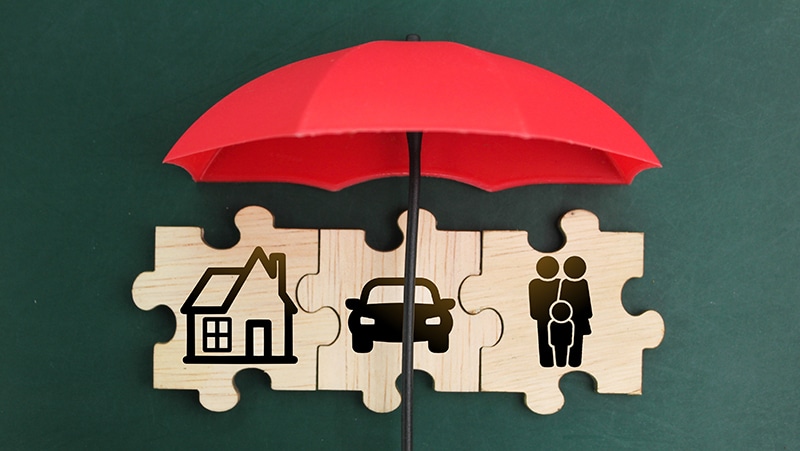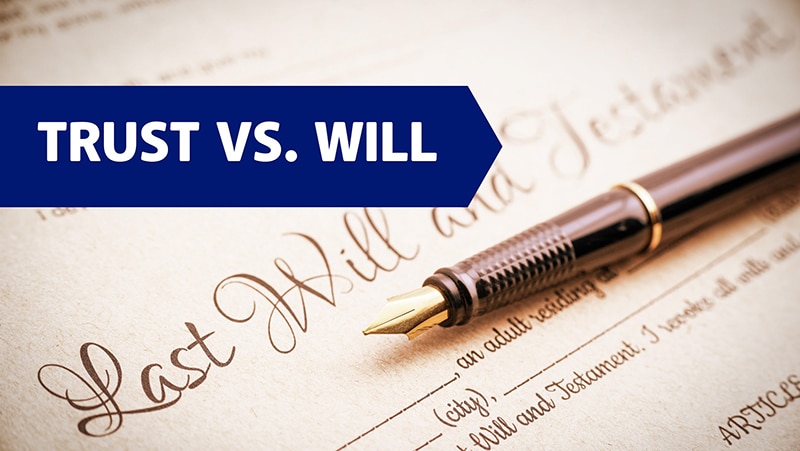A Quick Guide to Umbrella Insurance
If you’ve ever worried about what might happen if you’re sued for more than your home or auto insurance covers, you’re not alone. That’s where umbrella insurance comes in—a cost-effective way to add an extra layer of protection to your financial life.
What Is an Umbrella Liability Policy?
An umbrella policy provides additional personal liability coverage, typically starting at $1 million, that kicks in after the limits of your underlying policies are exhausted. It can also cover certain situations not typically included in standard policies, such as libel, slander, or incidents that occur abroad.
What is a personal liability claim?
Personal liability claims generally involve situations where you are found negligent and legally responsible for injury to others or damage to their property, whether at home or elsewhere.
Just the numbers
- About 20% of American households have an umbrella policy in force.
- Roughly 29% of American households have a net worth over $500,000.
- The number of personal liability claims filed annually is really small. Only about 0.3% of American households have a personal liability claim filed against them each year. Of the claims, the average size ranges from $40,000 to $60,000. But of course, we’ve all heard about the claims in the millions.
- Premiums vary significantly based on numerous factors; however, the average annual cost for $1 million of coverage is only around $400.
Who should get an Umbrella Policy?
You should consider an umbrella policy if you:
- Own significant assets or have substantial savings. If your net worth exceeds the liability limits of your home or auto insurance (typically $300,000–$500,000), umbrella insurance helps protect your wealth from large lawsuits or claims.
- Own property, rental units, or valuable items. Homeowners, landlords, and those with valuable possessions are more exposed to liability risks.
- Engage in higher-risk activities. If you have a swimming pool, trampoline, or dog, or if you frequently host guests, your risk of being sued for injuries or property damage increases.
- Have teenage drivers or drive regularly. Households with young drivers or those with high annual mileage are at a greater risk of accidents, making extra liability coverage prudent.
- Are a landlord or own multiple properties. Rental property owners are at increased risk for tenant and visitor injuries, making umbrella coverage especially valuable.
- Are active in the community or online. Volunteering, coaching youth sports, or being active on social media can expose you to defamation, libel, or slander claims, which are often covered under umbrella policies.
- Travel or live abroad. Many umbrella policies provide worldwide coverage for liability incidents that occur outside the U.S.
- Earn a high income. Those earning $250,000 or more annually, or who expect to be future high earners, may be targeted in lawsuits and benefit from added protection.
General Rule of Thumb:
If your total assets (including home equity, savings, investments, and valuables) exceed the liability limits of your standard insurance policies, or if you face a higher risk of being sued, you should strongly consider an umbrella policy.
Who may not need it?
If your assets and future earnings are less than your current liability limits, and you have a low risk profile, umbrella insurance may be less necessary for you.
Bottom Line:
Umbrella insurance is a cost-effective way to protect your financial future against rare but potentially devastating liability claims. It’s especially important for those with significant assets, higher risk exposure, or increased likelihood of being sued.







